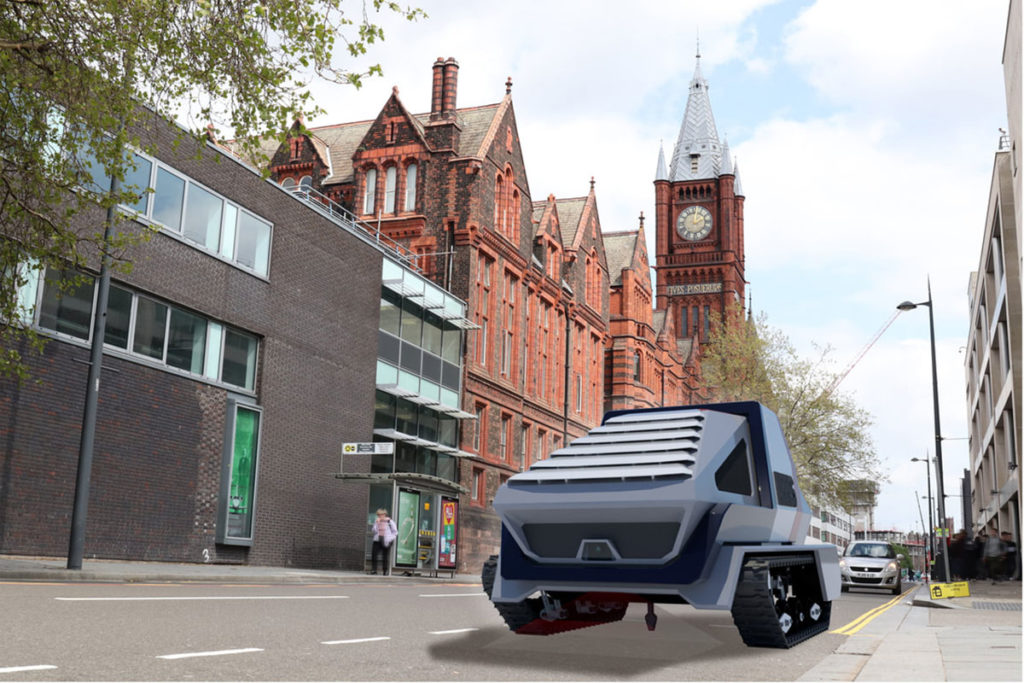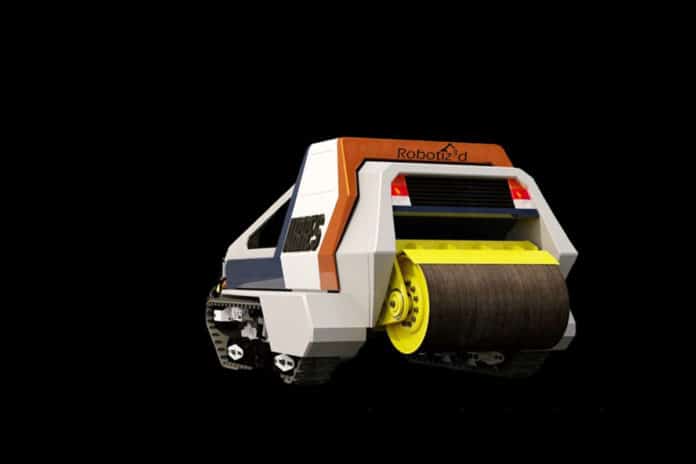Pothole deaths are quite common and have always been on the rise. The primary reason for this would be the lack of maintenance of roads. Currently, no autonomous technology solutions exist to tackle the pothole crisis, and the cost of repairing all of the damaged roads is even more staggering and may take many decades to complete at the current rate.
To overcome this problem, the University of Liverpool announced the launch of a new spin-out company – Robotiz3d Ltd – to take forward new technology that has the potential to radically transform road maintenance. The technology uses Artificial Intelligence and robotics to significantly improve the way road defects, including potholes and road cracks, are detected and repaired.
In addition to reducing risks to maintenance crews, the cost of repair, and damage-fix timescales, the system’s AI capabilities can also predict road conditions, thus facilitating the advancement from reactive to preventative road maintenance.

Robotiz3d is a joint venture between the University of Liverpool and a2e Industries, together with its co-founders Dr. Paolo Paoletti (CTO), Dr. Sebastiano Fichera (Technical Director) – from the University’s School of Engineering who have an extensive track record of research in this area – and Ms. Lisa Layzell (CEO), an award-winning senior executive and serial entrepreneur of high-tech companies.
Dr. Paolo Paoletti, who will serve as Chief Technology Officer for the company, said: “Robotiz3d Ltd will develop an Artificial Intelligence (AI)-driven robotic system to address the national and international potholes problems. The proposed system will be able to autonomously detect and characterize road defects such as cracks and potholes, assess and predict the severity of such defects and fix cracks so that they do not evolve into potholes.“
“Current methods to detect and repair potholes are labor-intensive and, as such, are slow, unsafe, and costly to the economy and environment. The new technology we are developing will make road maintenance tasks faster, cheaper, and cleaner and ultimately make roads safer and more accessible,” added Dr. Sebastiano Fichera, Technical Director of the company.
